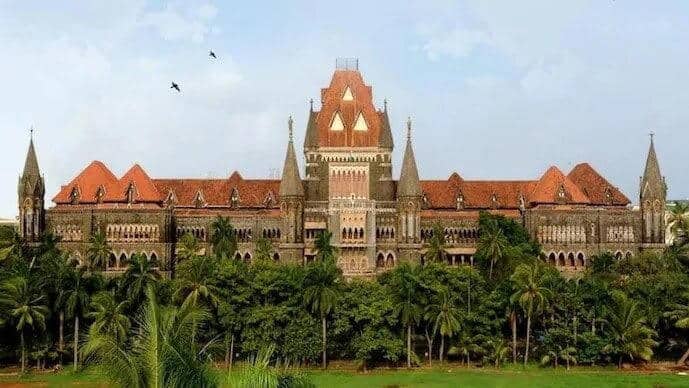Bombay High Court Supports Kochi Tuskers in Rs 538 Dispute

The Bombay High Court has upheld arbitral awards exceeding Rs 538 crore in favor of the now-defunct IPL franchise, Kochi Tuskers, dismissing the Board of Control for Cricket in India’s (BCCI) challenge. Justice RI Chagla’s ruling emphasized that the court’s jurisdiction under Section 34 of the Arbitration Act is limited and cannot act as an appellate authority regarding the arbitrator’s findings. The dispute arose after the BCCI terminated the franchise in 2011 over issues related to a bank guarantee amid internal disputes among the franchise owners.
Background of the Dispute
The saga began in September 2011 when the BCCI terminated the Kochi Tuskers franchise, alleging that it had not provided a mandatory 10% bank guarantee. The franchise, which participated in IPL 2011 under a consortium led by Rendezvous Sports World (RSW) and operated by Kochi Cricket Private Limited (KCPL), faced internal ownership disputes that complicated its financial commitments. KCPL claimed that delays in securing the bank guarantee stemmed from ongoing issues such as stadium availability and regulatory approvals, which were outside their control. Despite these challenges, the BCCI continued to engage with KCPL and accepted payments before ultimately deciding to terminate the franchise.
Court’s Ruling and Findings
In its ruling, the Bombay High Court reiterated that its ability to intervene in arbitration cases is restricted. Justice Chagla asserted that the BCCI’s attempts to question the merits of the arbitration findings were not valid grounds for challenging the awards. The court emphasized that the tribunal’s decision was based on a thorough assessment of the evidence presented. In 2015, the arbitration tribunal had ruled in favor of KCPL and RSW, awarding Rs 384 crore to KCPL for lost profits and Rs 153 crore to RSW for the wrongful encashment of the bank guarantee, along with interest and legal costs.
BCCI’s Argument and Counterclaims
The BCCI contested the tribunal’s decision, arguing that the tribunal exceeded its jurisdiction and misapplied legal principles. They contended that KCPL’s failure to fulfill the bank guarantee requirement constituted a fundamental breach of contract, justifying the franchise termination. Conversely, KCPL and RSW maintained that the BCCI had effectively waived the deadline for the bank guarantee through its conduct, thus rendering the termination unjustified. They argued that the arbitrator’s findings were sound and based on a fair evaluation of the facts.
Next Steps for BCCI
Following the ruling, the BCCI has six weeks to consider its options for appealing the judgment. The court’s emphasis on the limited scope of its review under the Arbitration Act suggests a challenging road ahead for the BCCI. The judgment not only impacts the financial landscape for the Kochi Tuskers but also sets a precedent in how disputes involving franchise agreements may be handled in the future. As the situation evolves, stakeholders in the cricketing community are closely monitoring potential developments arising from this significant legal decision.
Observer Voice is the one stop site for National, International news, Sports, Editor’s Choice, Art/culture contents, Quotes and much more. We also cover historical contents. Historical contents includes World History, Indian History, and what happened today. The website also covers Entertainment across the India and World.
Follow Us on Twitter, Instagram, Facebook, & LinkedIn

